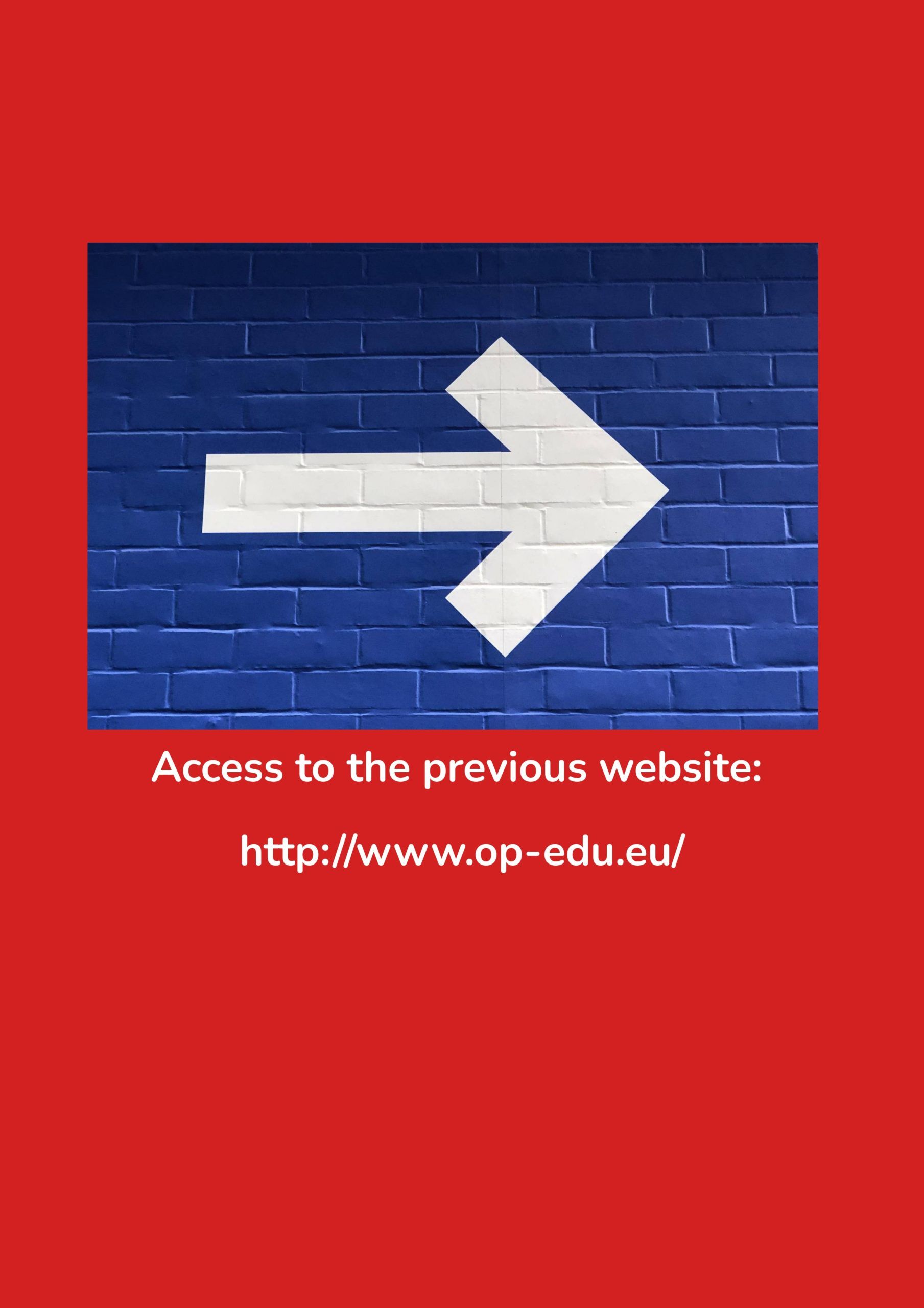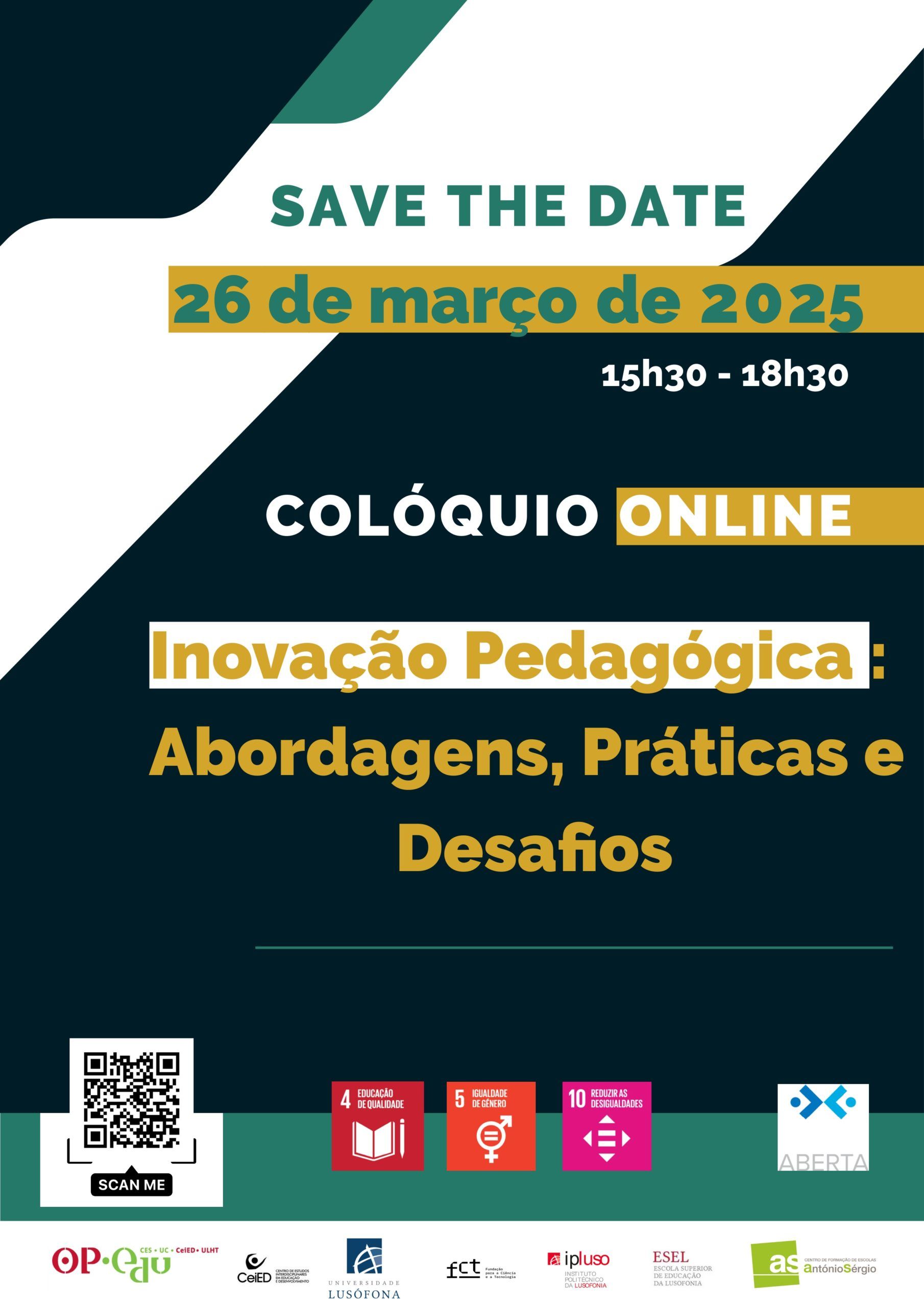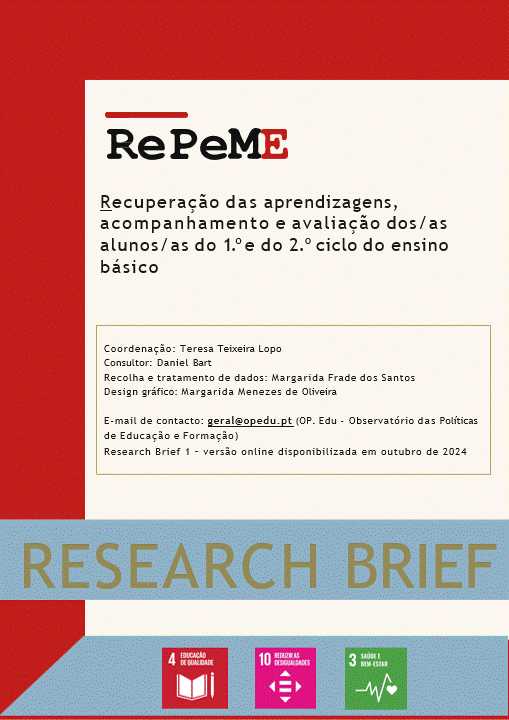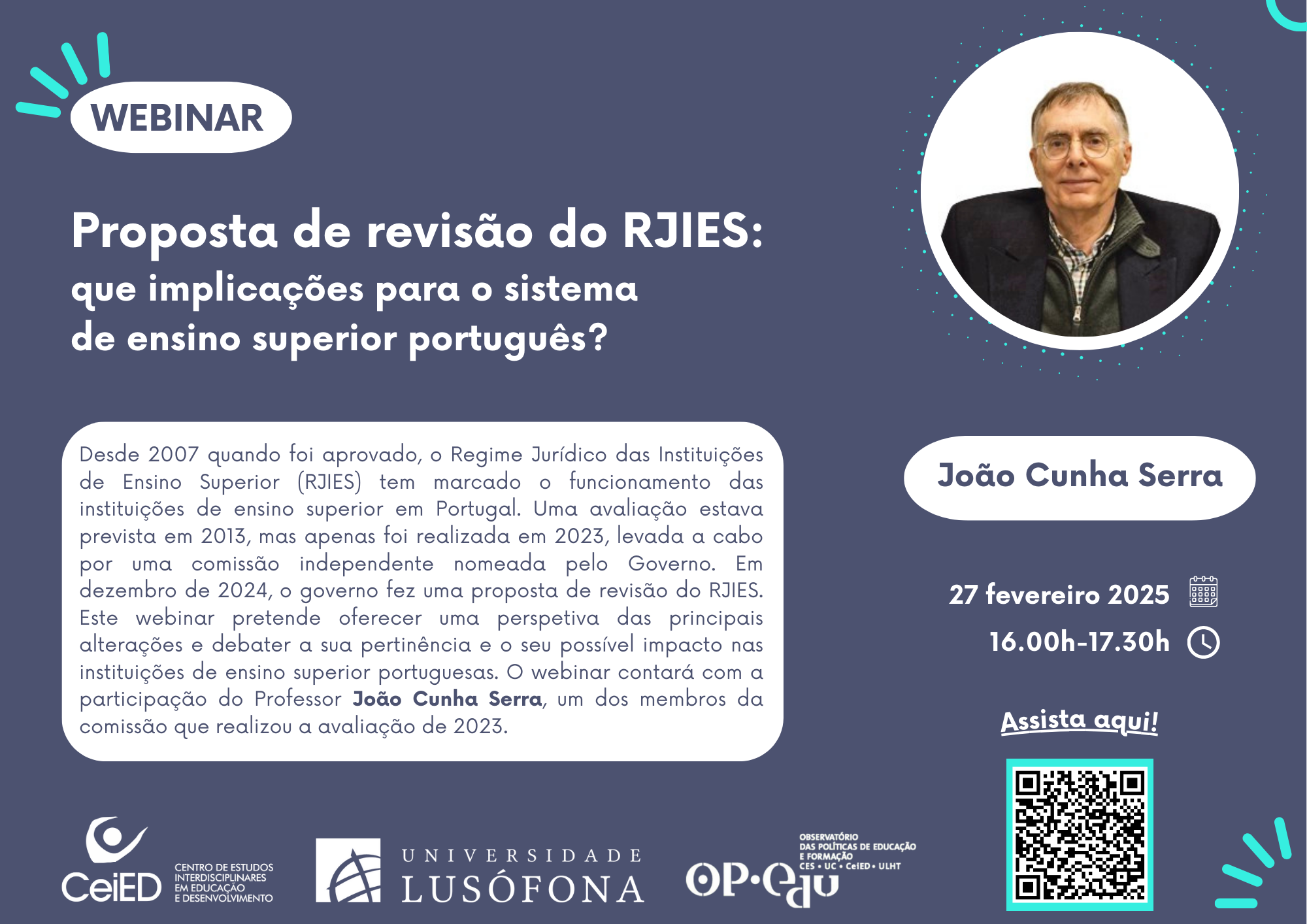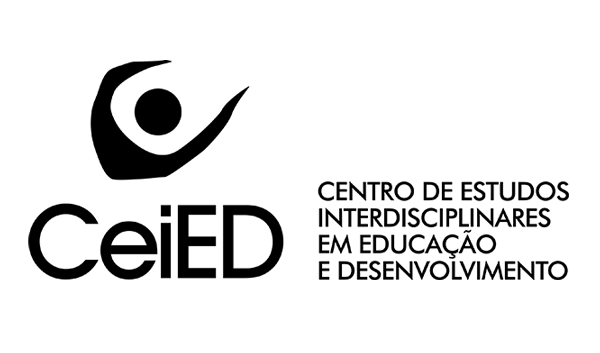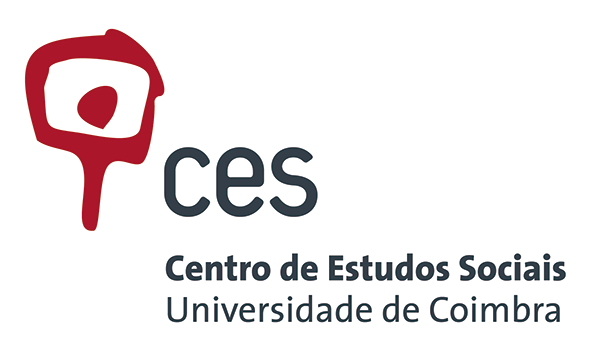Conferences and Seminars
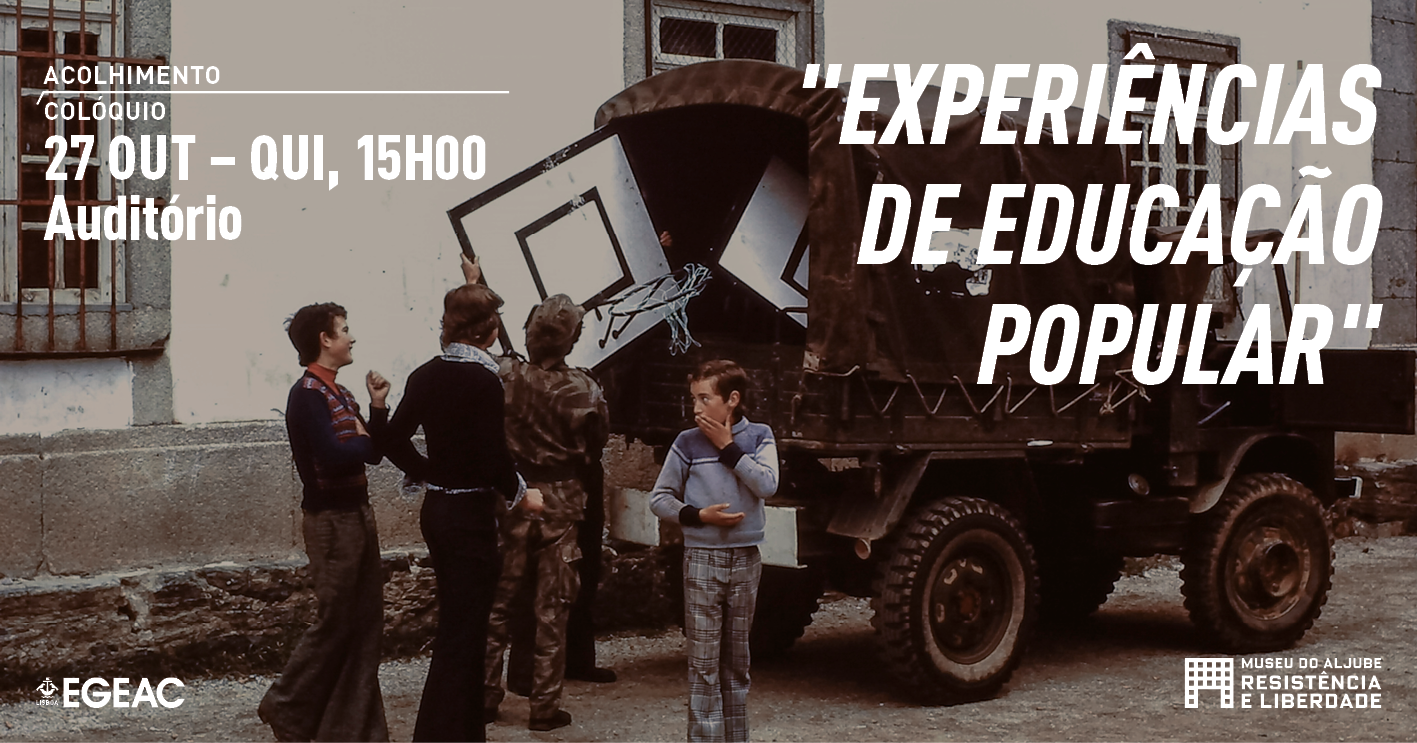
April 25 50 Years: Looking into the Past, Thinking about the Future | Experiences of Popular Education: The Centre of Studies on Education and Culture (C.E.E.C., Porto) | 27 October – 3:00 PM
The first Colloquium of the Cycle April 25 50 Years: Looking into the Past, Thinking about the Future will take place on October 27, at 3:00 PM, at the Aljube Museum – Resistência e Liberdade, under the theme Experiences of Popular Education: The Centre of Studies Education and Culture (C.E.E.C., Porto).
The period of democratic transition in Portugal, particularly between 25 April 1974 and 25 November 1975, was marked by a strong perception of utopian experience that included the educational field. In order to deepen the democratic process, it was necessary to develop various forms of participation, namely through the education of adults, enhancing their greater involvement in the new political life of the country. In this sense, besides initiatives of a more state-oriented nature, various experiences of popular education with local organisation were developed, promoted by neighbourhood committees, workers’ committees and other associative organisations with a focus on the cultural field.
In this Colloquium, hosted by Inês Vieira, we will discuss one of these experiences, the Centre Centre of Studies Education and Culture (C.E.E.C.), which operated in Porto during the democratic transition period. In addition to the available documentation on the C.E.E.C. (the Centre’s bulletins and newspaper, press articles), José Ferreira will share memories of his experience as an active member of the C.E.E.C. during its operation, situating literacy initiatives in the set of local activities and dynamics of this organisation, from cultural animation of residents’ committees to actions in the struggle for housing and occupations for the creation of socio-educational facilities.
Participation in the Colloquium is free, but limited to the availability of places and with prior registration at: https://forms.gle/4KDn9XjWmgaRZWMM7
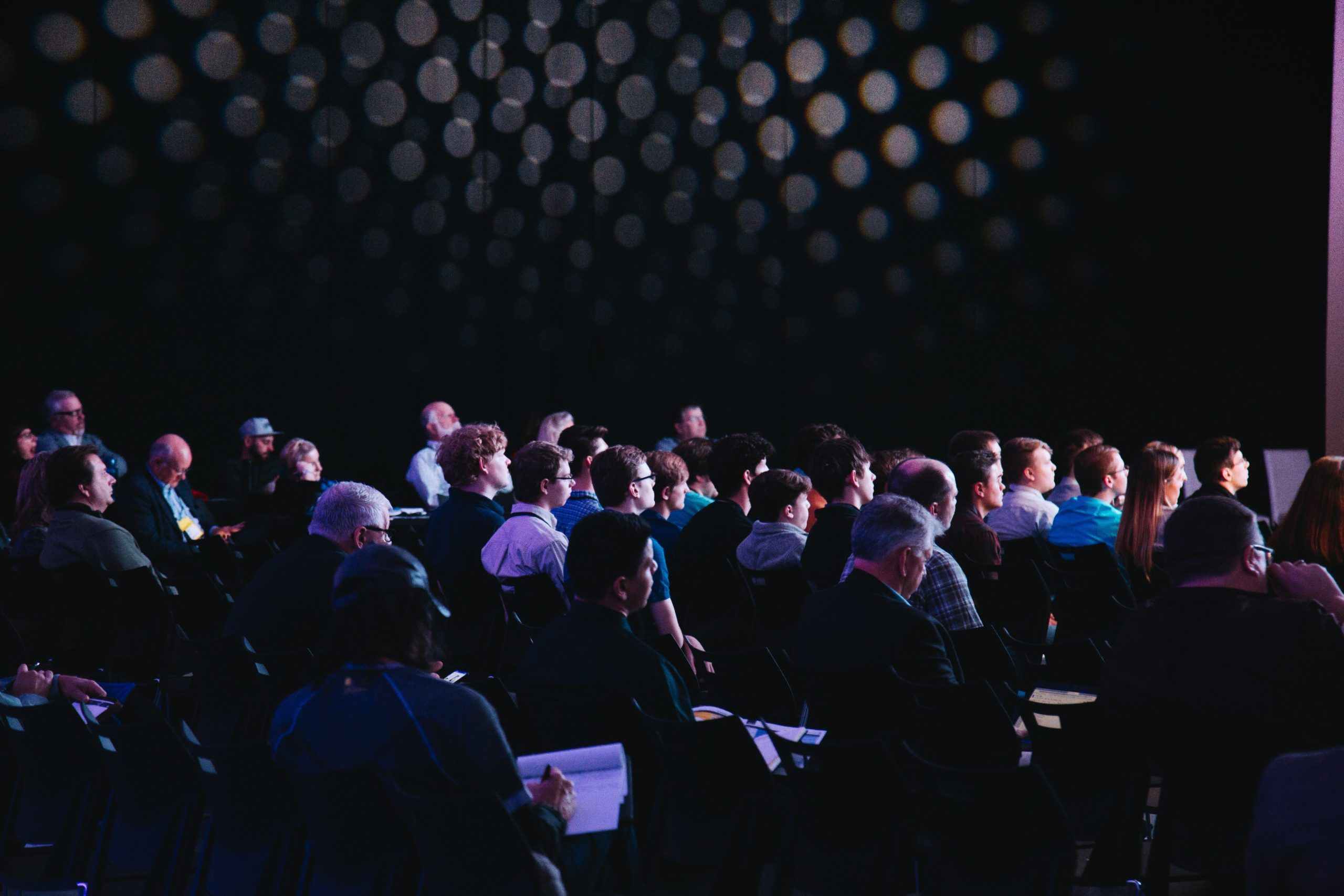
National Conference on Initial Training of Early Childhood Educators and Teachers | September 23, 2022 | Auditorium José Araújo | Lusófona University
The 1st National Conference on Initial Training of Early Childhood Educators and Teachers: Realities and Perspectives under Debate, organized by OP.Edu – Observatory for Education and Training Policies, ESEL – School of Education of IPLUSO and IE – Institute of Education of Lusófona University, will take place on September 23, 2022, at the José Araújo Auditorium of the Lusófona University, in Lisbon.
Confirmed keynote speakers
- António Teodoro (Universidade Lusófona, Instituto de Educação)
- Assunção Flores (Universidade do Minho, Instituto de Educação)
- Carlos Ceia (Universidade Nova de Lisboa, Faculdade de Ciências Sociais e Humanas)
- Dalila Lino (Politécnico de Lisboa, Escola Superior de Educação)
- Elizabete Eufémia (Associação Tempos Brilhantes)
- Ernesto Candeias Martins (Instituto Politécnico de Castelo Branco, Escola Superior de Educação)
- Joaquim Escola (Universidade de Trás-os-Montes e Alto Douro)
- Maria João Cardona (Instituto Politécnico de Santarém, Escola Superior de Educação)
- Maria João Mogarro (Universidade de Lisboa, Instituto de Educação)
- Sílvia Berény (OSMOPE – Organização Social do Movimento das Pontes Educativas)
- Vítor Duarte Teodoro (Universidade Lusófona, Instituto de Educação)
Program
09:30 | Opening session
10:30 | Panel 1: Access to the profession of early childhood educator and teacher
11:30 | Coffee break
12:00 | Panel 2: Study plans for initial training of early childhood educators and teachers: limits and necessary changes
13:00 | Lunch break
14:30 | Panel 3: Initiation to professional practice / supervised teaching practice: The role of institutions, early childhood educators and cooperating teachers
15:30 | Coffee break
16:00 | Panel 4: The clash with professional reality: Experiences of recently graduated early childhood educators and teachers
17:00 | Panel 5: Initial training of early childhood educators and teachers: Critical issues and opportunities
18:00 | Synthesis
18:15 | Closure: A new social contract for the initial training of teachers and early childhood educators
Coordination of the Organising Committee: Clara Craveiro (OP. Edu, CeiED, ESEPF), Inês Vieira (OP. Edu – Permanent Team, CeiED), José Viegas Brás (IE-Universidade Lusófona, ESEL-IPLUSO, CeiED), Maria Neves Gonçalves (ESEL-IPLUSO, CeiED) e Teresa Teixeira Lopo (OP. Edu – Board of Directors, CeiED).
Image credits: Unsplash
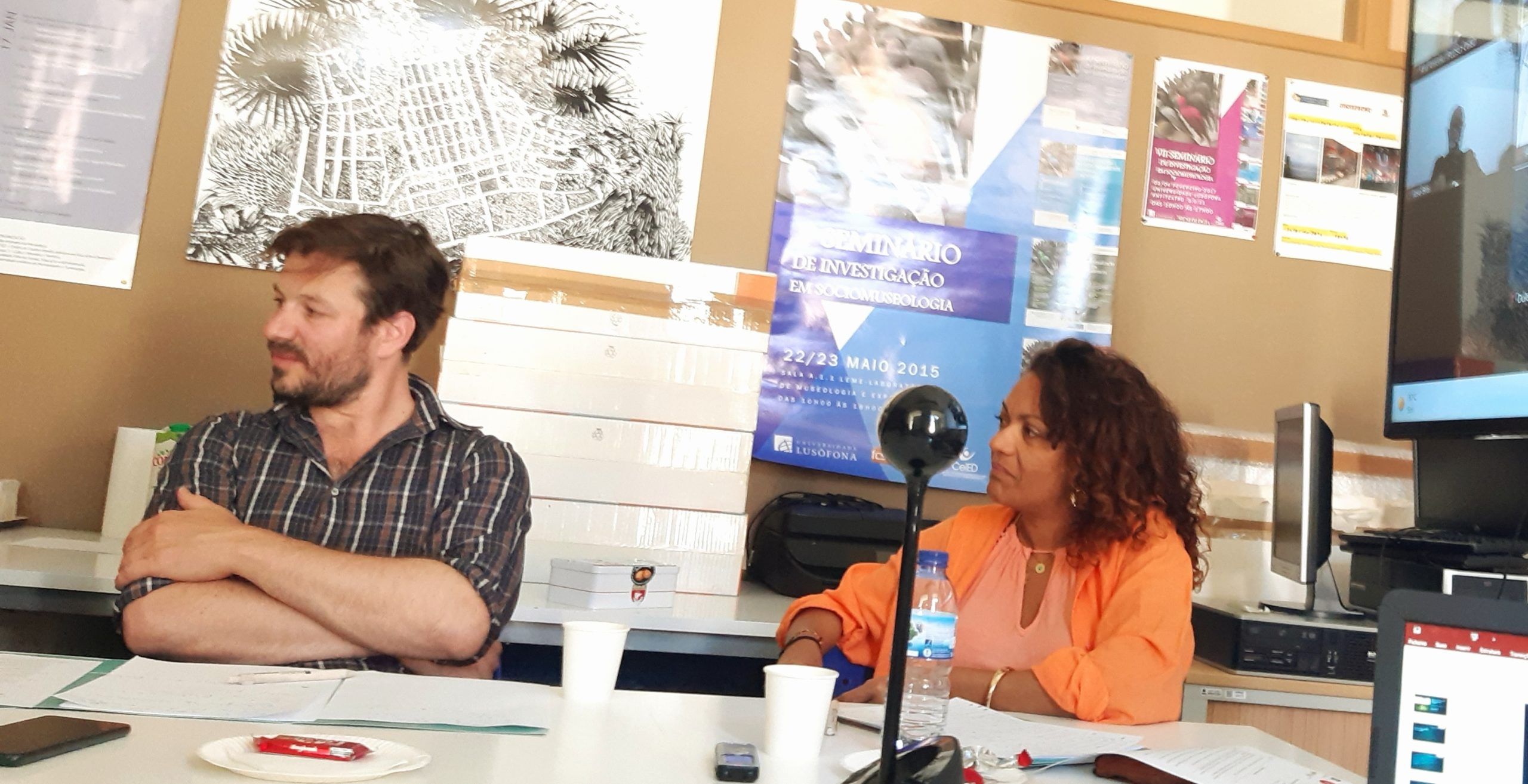
Crossing research perspectives, thinking about the future
The OP.Edu – Observatory for Education and Training Policies, held on May 26, an international seminar, in hybrid format, under the theme Schools and Covid-19: cross research perspectives, think about the future, which had the presence of researchers from the French research units LIPHA – Laboratoire Interdisciplinaire d’Etude du Politique – Hannah Arendt (University of Paris-Est Créteil) and LACES – Laboratoire Cultures – Éducation – Sociétés (University of Bordeaux).
In the seminar, the findings of the project L’école au temps du Covid, funded in France by the Nouvelle Aquitaine Region, were presented by Filippo Pirone (LIPHA, University of Paris-Est Créteil), co-coordinator of the project with Régis Malet (LACES – University of Bordeaux) and by the researcher Keyla Santana (LACES – University of Bordeaux).
This project counted with the cooperation of researchers from CeiED and the OP.Edu team in data collection from directors, teachers and parents of Portuguese schools.
The researcher Ana Benavente outlined the results of the study Impact of the Covid-19 pandemic in the Portuguese education system, carried out in 2020 by OP.Edu and coordinated by a mixed team from CES – Centro de Estudos Sociais (University of Coimbra) and CeiED (Lusófona University), which included, in addition to the researcher Ana Benavente, researchers Paulo Peixoto and Rui Gomes.
The Seminar had the participation of the director of CeiED, António Teodoro, the co-directors of OP.Edu, Teresa Teixeira Lopo (CeiED) and Ana Maria Seixas (CES), and researchers from OP.Edu and CeiED involved in the initial and continuous training of school teachers.
The seminar allowed the definition of research axes to enhance international cooperation and the dimension of comparative analysis of national projects to develop on the challenges posed to the School in the post-pandemic, and the strengthening of the matrix of the research proposal that OP.Edu is currently preparing to submit for funding.
Notícias / News
- Home
- Conferences and Seminars

